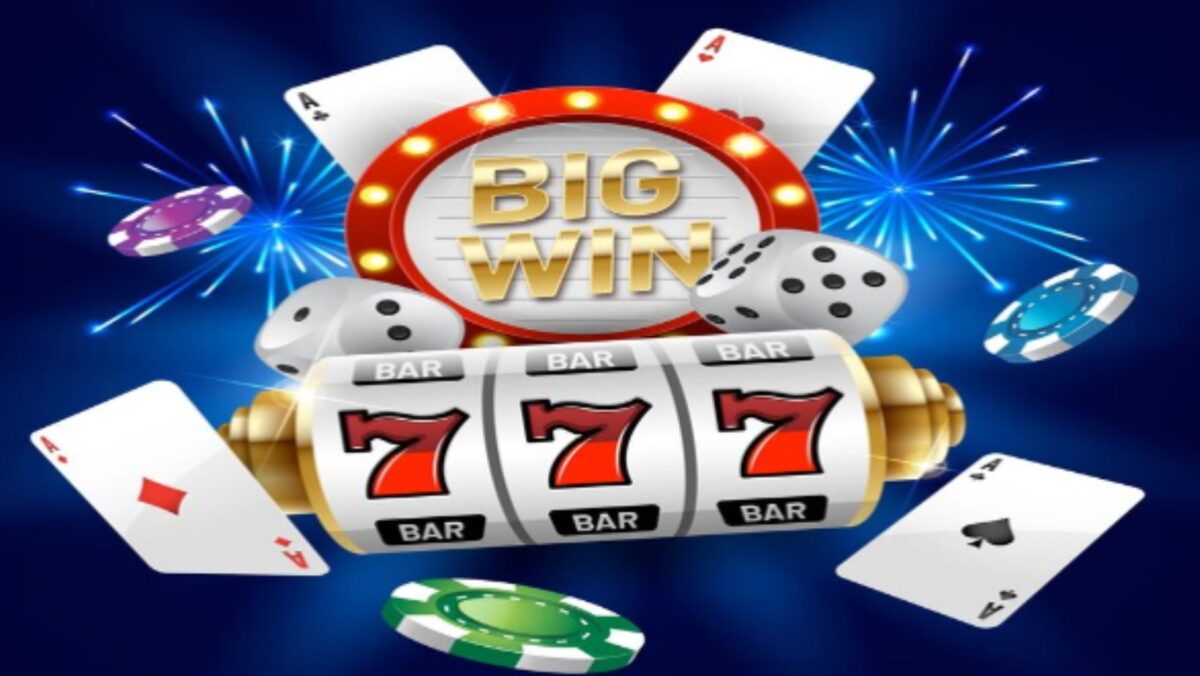The fusion of traditional slot gaming and blockchain technology has emerged as a novel and intriguing concept in the world of online entertainment. As the gambling industry continues to evolve, the integration of blockchain into slot machines introduces a range of possibilities, from enhanced security to transparent and fair gameplay. In this exploration, we delve into the dynamics of this convergence and how it stands to redefine the landscape of online slots.
Understanding Blockchain Technology
Blockchain technology is a decentralized, secure ledger system. It records transactions across a network of computers, ensuring transparency, immutability, and reduced fraud. Its applications extend beyond cryptocurrencies, impacting industries like finance, healthcare, and supply chain, with its distributed and tamper-resistant nature revolutionizing data management.
Heralding Transparency and Fairness
Blockchain, at its core, is a decentralized and distributed ledger technology that offers transparency and immutability. These qualities address key concerns in the gambling industry, particularly in online slots, where trust is paramount. With blockchain, the entire gaming process is recorded and can be accessed by anyone interested, ensuring that the outcomes are fair and verifiable.
Security Reinvented
Blockchain’s cryptographic nature enhances the security of transactions and player data. In traditional online slots, concerns about the integrity of the platform and the fairness of the games often arise. Blockchain mitigates these concerns by providing a tamper-resistant system. The decentralized nature of the technology also reduces the risk of hacks and unauthorized access, offering players a more secure gaming environment.
The Marriage of Slots and Blockchain
The integration of blockchain in the slot online gaming industry offers transparency, fairness, and secure transactions. Smart contracts enable provably fair gameplay, ensuring players can verify the integrity of each spin. Blockchain’s decentralization removes intermediaries, promoting trust and creating a new paradigm for online slot gaming.
Provably Fair Gaming
One of the standout features when combining slots with blockchain is the concept of provably fair gaming. This innovation allows players to independently verify the fairness of each spin or game round.

By providing a cryptographic way to confirm that the outcomes are not predetermined and are based on actual gameplay, blockchain instills a level of trust that is often lacking in traditional online casinos.
Tokenization of Assets
Blockchain facilitates the creation and use of digital tokens, opening up new avenues for in-game assets and currencies. In the context of slot games, this means that players can own and trade digital assets securely. From unique in-game items to rare slot themes, blockchain enables the tokenization of these assets, creating a virtual economy within the gaming ecosystem.
Decentralized Autonomous Casinos
The integration of blockchain can pave the way for decentralized autonomous casinos (DACs). These casinos operate on smart contracts, which are self-executing contracts with the terms directly written into code. DACs remove the need for intermediaries, providing a transparent and automated way to manage funds, payouts, and even the development of new slot gacor games. This decentralization aligns with the principles of blockchain, offering a more democratic and community-driven gaming experience.
Challenges and Considerations
Despite the potential benefits, blockchain-based slots face challenges such as scalability, regulatory uncertainties, and user adoption. Implementing blockchain solutions requires overcoming technical hurdles and ensuring compliance with evolving legal frameworks. Striking a balance between innovation and meeting regulatory standards will be crucial for the widespread adoption of blockchain technology in the slot gaming sector.
Scalability and Speed
While the marriage of slots and blockchain holds immense potential, it is not without challenges. Scalability and transaction speed are two critical considerations. The current limitations of some blockchain networks may hinder the seamless and real-time gaming experience that players are accustomed to. Developers and blockchain enthusiasts must collaborate to address these issues and create platforms that can handle the high throughput required for online slots.
Regulatory Landscape
The intersection of blockchain and slots also raises regulatory questions. The gambling industry is subject to stringent regulations in many jurisdictions, and the decentralized nature of blockchain may present challenges in terms of compliance.

Striking a balance between innovation and adherence to existing regulations will be crucial for the widespread adoption of blockchain technology in the slot gaming industry.
Future Prospects
As technology advances and the understanding of blockchain grows, the future of slots integrated with this revolutionary technology appears promising. With ongoing developments in blockchain scalability, interoperability, and regulatory frameworks, the synergy between slots and blockchain could become a mainstream phenomenon.
Conclusion
The convergence of slots and blockchain technology represents a paradigm shift in the online gambling industry. From provably fair gaming to the tokenization of in-game assets, the potential benefits are substantial. However, challenges such as scalability and regulatory compliance must be navigated to fully realize the transformative power of blockchain in the world of online slots. As the industry continues to explore this intersection, players can anticipate a more transparent, secure, and innovative gaming experience in the years to come.

